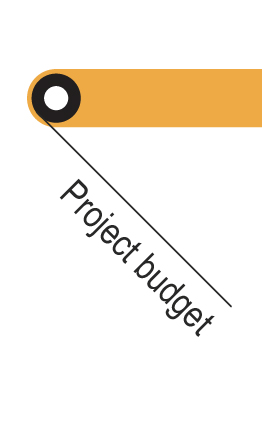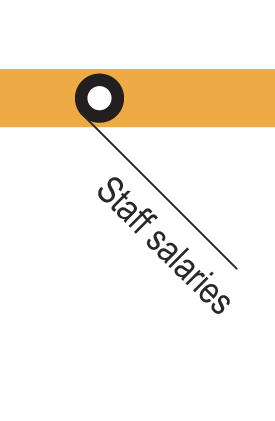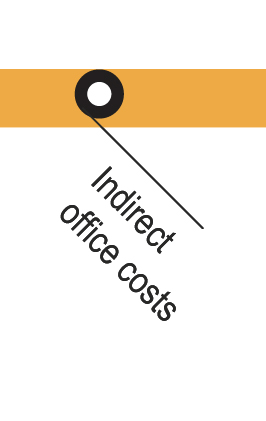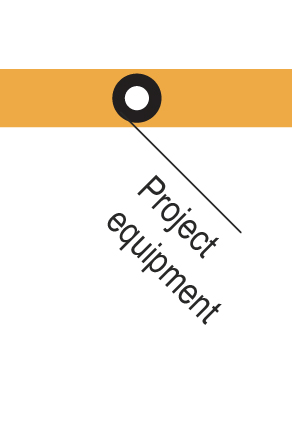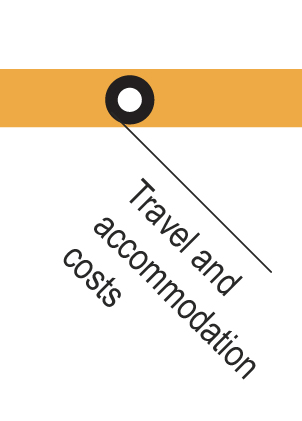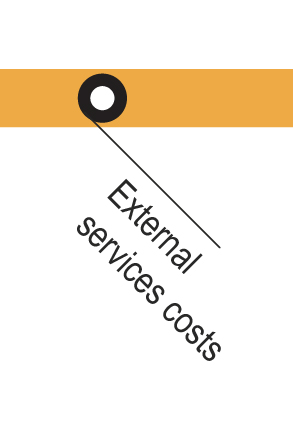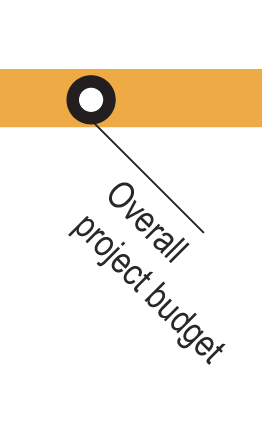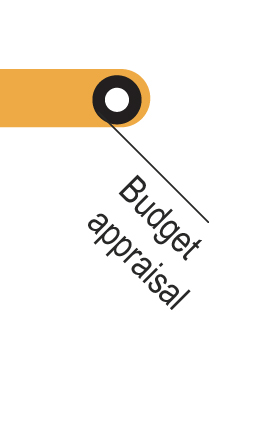
ESTIMATING TRAVEL & ACCOMMODATION COSTS you need to think through each stage of project delivery and management and to consider whether there will be any travel involved. Many projects require a budget allocation for travel, hotel accommodation and related subsistence costs. This includes travel to meet project partners for coordination or management meetings, to conduct workshops in different locations, to meet and engage with the target groups of your project, or to visit case studies, or attend events associated with the project.
The tool is a calculated spreadsheet matrix that assist you in thinking through what the potential travel and accommodation and subsistence costs might be for the meetings and events that you are planning for your project.
| Who is the tool for? | When should the tool be used? |
| Staff who is designing the project and those with experience of implementing similar projects | After it is clear how the project might be managed (i.e. who will be involved in the management and implementation of your project how often, and where) and where the project activities are likely to be implemented. |
Click on the stations to navigate throught the Costing line!
Key challenges of this step
- A pragmatic approach needs to be applied for the estimation of travel costs and a good balance needs to be achieved between an overly pre-scribed and detailed estimate and a too superficial and broad brush approach.
- Care needs to be taken to include the travel and accommodation requirements of project partners and stakeholders (i.e. to attend project management meetings). Also consider project participants/citizens who are planned to attend project meetings or activities (such as study visits, training events, exhibitions, conferences, etc.).
- Different rules might apply where to account for the travel expenses for different groups involved in the project (i.e. often, travel for community members is reported in 'project expenditure'). In case of a funding application to be written, these rules need to be checked with the funding guidance or the funder directly.
- External factors such as potential pandemics require flexibility and a relevant comment should be made in the project description how the risk of travel restrictions might be managed and dealt with if needed.
Main risks
There is a risk of under or over-estimating the travel and accommodation budget as this depends on the actual frequency of participating partners and project participants, which is not known at the planning stage.
Helpful tips
- It is important to estimate well, who, how many staff, how often and for what reason need to travel and use accommodation exclusively for the purpose of the project.
- Ensure that strong links with the 'horizontal themes' such as environmental sustainability will be made. Explain how the project will ensure a minimum usage of private transport, how the project will encourage staff to use environmental friendly means of transport and ensure that CO2 emissions are minimised. Check the rules of your own organisation for these calculations.
- In most cases your organisation will require a detailed costing, but in case of writing a funding application, note that some funders apply a flat rate, or fixed rate of overall staff costs for travel and accommodation! You need to check the relevant guidance or ask the funder.
- Gain clarity about what means of travel, quality of accommodation, and daily food allowances are deemed acceptable by your organisation (and/or by the funder) as this will determine the associated costs.

